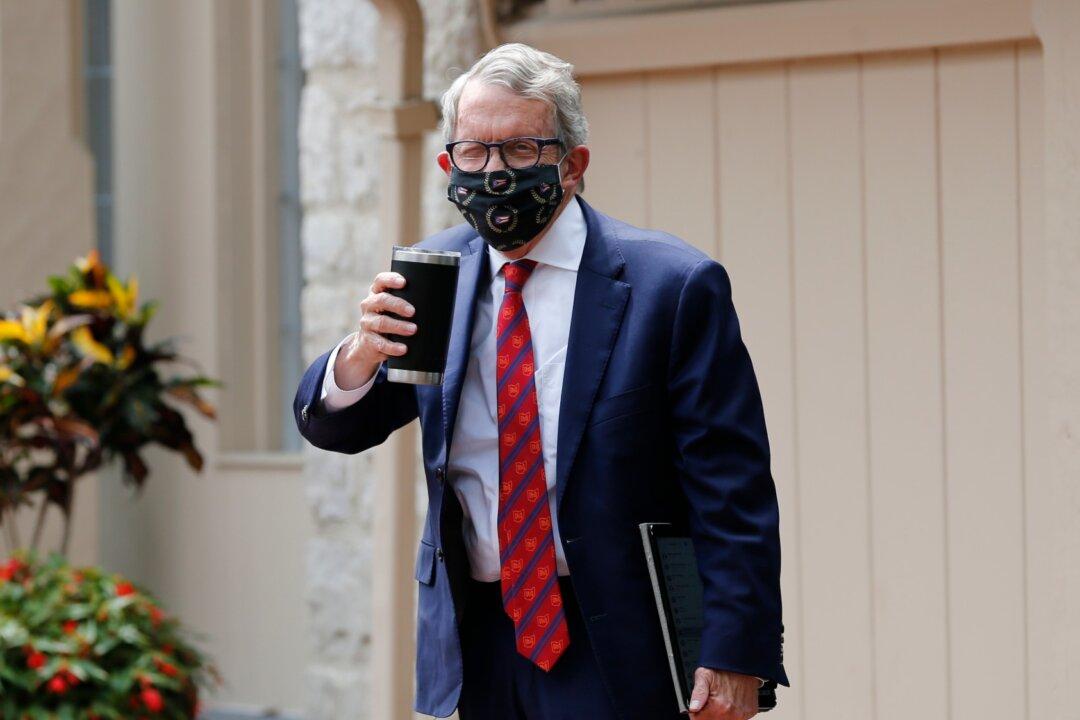When Ohio Gov. Mike DeWine signed a bill on March 14 that makes concealed carry permits optional in the state, it continued an inconsistent track record with firearms legislation that has been on display since he took office in 2019.
Before signing Senate Bill 215 (Constitutional Carry), DeWine passed a “Stand Your Ground” law in January 2021. This eliminated the requirement for a person to retreat before he or she can shoot someone in self-defense.





